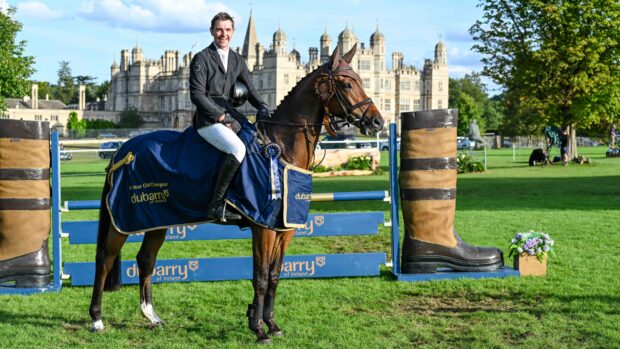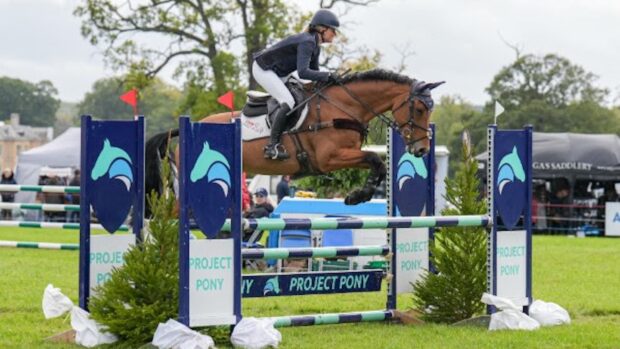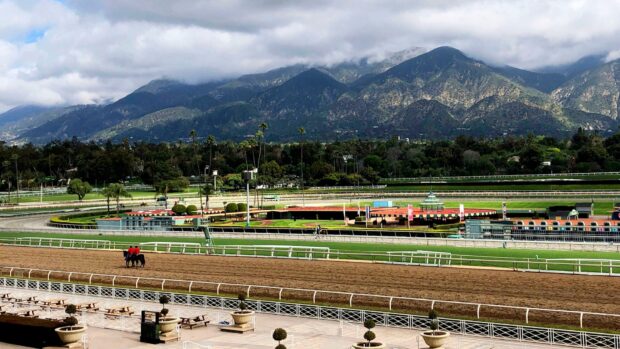Eventing enthusiasts have been eagerly awaiting the first eventing world cup final, which begins this Thursday (23 October) in Pau, France and has attracted top riders from around the world.
In an attempt to cut through the confusion about the competition’s format and qualifying procedure, HHO brings you a clear and comprehensive guide to the event, with assistance from British Eventing’s Paul Graham.
Format
Designed as a CIC*** competition, the final will be run across four days. The riders will perform their dressage test on Friday, run cross-country on Saturday and show jump on Sunday and there will be two compulsory horse inspections, one on Thursday and one on Sunday morning.
There will be no roads and tracks or steeplechase phases. Effectively this is very similar to the new CCI short format, but the difference is that the cross-country will be a CIC course: shorter and with less jumping efforts than a CCI Short format course.
Qualification
Eighteen CIC*** qualifiers have been held around the world since August 2002. Rider/horse combinations are ranked according to their single best result at a qualifier, with points ranging from two for a cross-country clear to 30 for a win. Points are not cumulative, so although William Fox-Pitt and Stunning won both the Chatsworth and Thirlestane Castle qualifiers they have 30 points (not 60).
A certain number of places have been allocated to each nation, with Australia, Great Britain, the United States and New Zealand allowed to send five riders each, Germany, France, Ireland and Sweden four, Belgium, Brazil, Spain and Italy three and all other nations two.
Nations can also apply for extra wild card places. Riders can only take one horse to the final and the line up comprises 52 competitors from 17 nations.
The British challenge
In addition to the five places allocated for British riders, British Eventing applied for, and was granted, two wild card places. The top seven ranked British riders were invited to take part in the final, but some have been unable to attend — for example Pippa Funnell’s qualified rides have recently completed three-day-events so will not be contesting the final.
As each rider declines the next ranked combination is invited. The seven top ranked British riders who accepted the invitation are William Fox-Pitt, Rodney Powell, Julie Tew, James Robinson, Polly Stockton, Clare Chamberlayne and Vicky Brake.
Unfortunately only six British riders have made the journey to France, as Rodney’s ride, Flintstone IV, was discovered to be unsound last Friday. William Fox-Pitt and Stunning are the favourites for the competition but all six British riders are strong contenders.
The competition’s future
“Next year the qualification procedure will be a lot simpler,” says Paul Graham of British Eventing’s international office. “Points will only be allocated for placings, not for clear rounds and the points may be cumulative.
“There is also a possibility of the final being held in Malmo, Sweden two weeks before Burghley but those changes won’t be confirmed until December or January. The cup final comes at the wrong time of year at the moment. A lot of horses have done enough for the season or have just run at three-day-events.”



